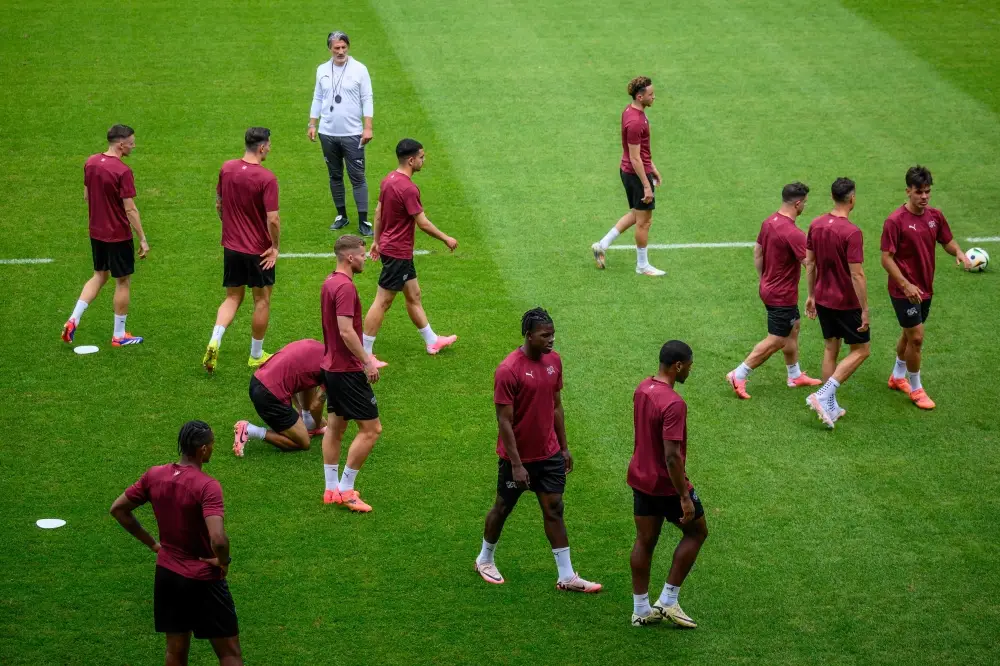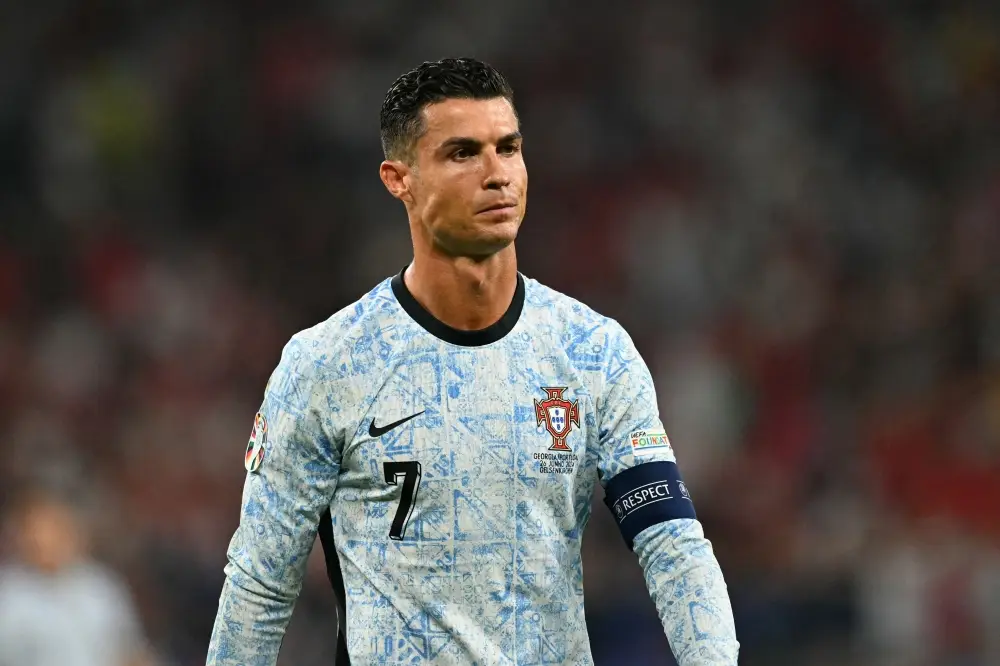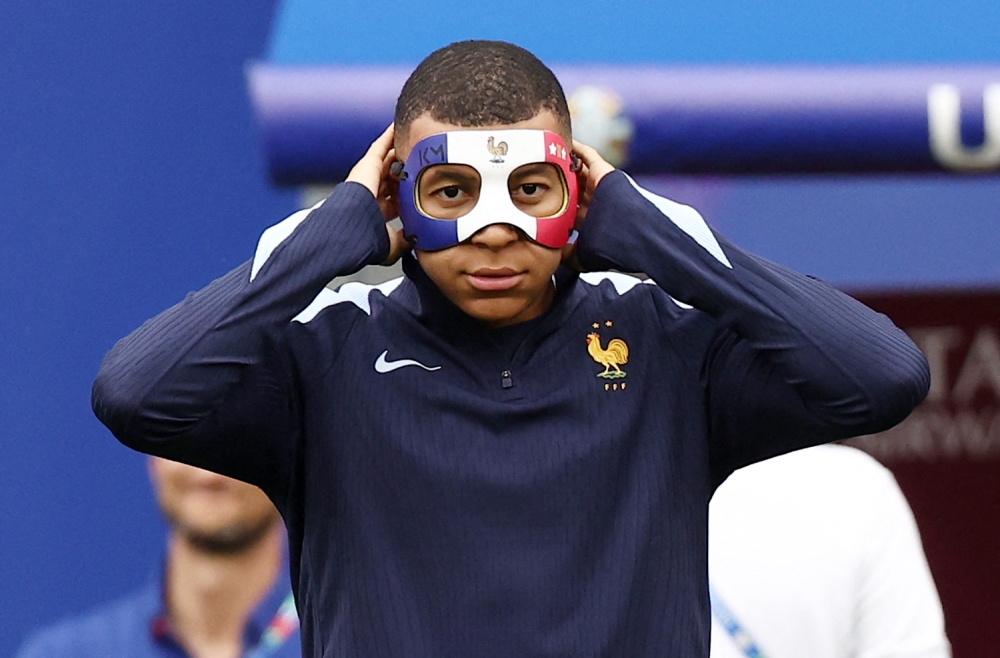[ad_1]
How it can be that victims of crowd nuisances get nothing, match organisers find themselves facing hefty fines, whilst the perpetrators potentially go free?
As Qatar looks forward to its first appearance at the FIFA men’s World Cup, the prospect of playing against Senegal is surely an appealing one.
Captained by Sadio Mane, one of the world’s leading centre-forwards, earlier this year the West African team won the African Cup of Nations by beating rivals Egypt in the Final, played in Cameroon.
In late March, Senegal reached the World Cup by similarly beating Egypt over a two-legged contest, which ended in a 1-1 score line and then went to penalty shootout. This was not a demonstration of how to take penalties – Senegal scoring only three of their five kicks and Egypt only one of their four.
However, it was Egypt’s first penalty that caused consternation and provoked a huge debate, which continues to rumble-on.
Lasers and crowd nuisance
Throughout the match, the home fans of Senegal repeatedly shone multiple lasers into the faces of the Egyptian players. As Mohammed Salah stepped-up to take Egypt’s first penalty, the number of lasers directed at his face appeared to increase. Salah missed the penalty.
It wasn’t the entirety of this sordid episode, with the Egyptian’s claiming that its players were also pelted with rocks and racially abused.
A complaint has been made to FIFA, which is now investigating the match. On April Fool’s Day, humorous social media posts indicated that the world’s football governing body had ordered the two African nations to replay the game. Of course, this was untrue, FIFA continues to investigate and none of this is a laughing matter.
Lasers are not just an issue in Africa. During a semi-final match played at the UEFA men’s European Championship last summer, a laser was shone onto the face of Danish goalkeeper Kasper Schmeichel as England’s Harry Kane stepped-up to take a penalty against him.
Although the Dane saved the penalty, Kane scored from the rebound. The English FA was subsequently fined almost 120,00 Riyals for the incident.
The imposition of fines is a common response to such matters, in essence punishing failures by host venues to maintain appropriate levels of security.
Qatar’s road to staging the FIFA World Cup just got bumpier
Although searches of match-day attendees, the deployment of stewards, and the use of CCTV have helped address issues of crowd management, the matches in Senegal and England nevertheless illustrate that there is still work to be done in eradicating the use of lasers in stadiums.
Besides, such fines are of little consolation to the likes Denmark and Egypt. Not only have both teams missed out on the status and the glory of advancing to the next stages of major tournaments, their respective FIFA rankings will have suffered as well. As such, long after the lasers have been switched-off, their effects will endure.
Economic losses
There is an economic dimension to such losses; by failing to reach the World Cup, Egypt has missed out on 9,000,000 Riyals in prize money simply for qualifying. Had they made it out of their World Cup group and qualified for the second-round, the team would have earned a further 29,000,000 Riyals; getting past the last sixteen would have generated a further 44,000,000 Riyals, and so forth.
Whilst England’s UEFA Euros fine was sizeable, it should be put into context: the team still made 29,000,000 Riyals by making it to the Final. Had they won the match (in the end, England lost on penalties to Italy), the prize money allocated for winning that game alone would have amounted to 40,000,000 Riyals. It makes their fine seem paltry, whilst victims Denmark were simply left to return home.
This suggests the system of fines used during major tournaments needs to be either more stringent or perhaps restorative (accounting for the opposing team’s losses). It also raises questions about how matches are officiated; with VAR technology now being used to identify on-field infractions, why is it that both the referees and technology did not identify and address the problems faced by Salah and Schmeichel?
How to prevent this at Qatar 2022?
At the same time – and herein lies a lesson for Qatar, ahead of the World Cup – both incidents illustrate how important security management is at important football matches.
Ideally, people with lasers should not be able to gain access to venues in the first place and, if they should, then the identification of perpetrators should be swift and quickly followed by effective stewarding. Subsequent punitive action would then see the person shining the laser subject to appropriate police action.
The way in which such matters should be dealt with appears self-evident. Yet one might ask how it can be that victims of episodes such as lasers get nothing, venue owners and match organisers find themselves facing heft fines, whilst the perpetrators potentially go free? Indeed, there are surely fundamental issues of morality at play?
In the controlled spaces that are international football venues, the likes of CAF, UEFA, FIFA and others often seek to emphasise and uphold the importance of fair play and respect. Though today’s world is fractious one, many football fans still anticipate watching contests that are staged according to commonly agreed sets of rules, where one team wins ‘fair and square’.
However, as soon as errant spectators start shining lasers into players’ faces, not only are there potential economic consequences, the morality and well-being of football suffers.
Organisers of the FIFA World Cup Qatar 2022 should heed the harsh lessons learnt by Egypt and Denmark.
[ad_2]
Source link

















Leave a Reply